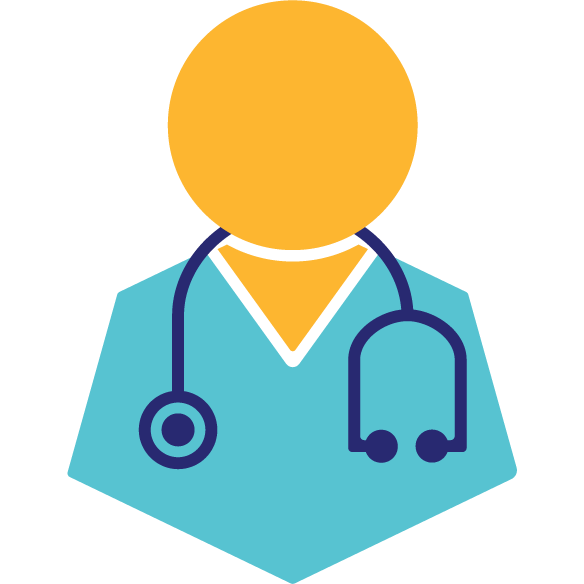Choosing a University for your Online Healthcare Degree
In choosing a university for an online healthcare degree, it’s important to seek out programs that have a range of factors that enable them to provide the same level of education as their on-campus counterparts. Obviously, choosing a university is a personal decision, and can be influenced by cost, geography, and prestige – however there are some standards that exist in online degree programs that should be considered alongside these factors. One is offering coursework that mirrors traditional programs and provides a balance of live classes and work to be completed on your own time. Another is technical support for difficulties operating the systems and platforms of the specific online program in question. Finally, and perhaps most importantly to a degree in a healthcare field, is having teams set up to help students obtain clinical placement – something that is vital to the completion of many programs in health.


